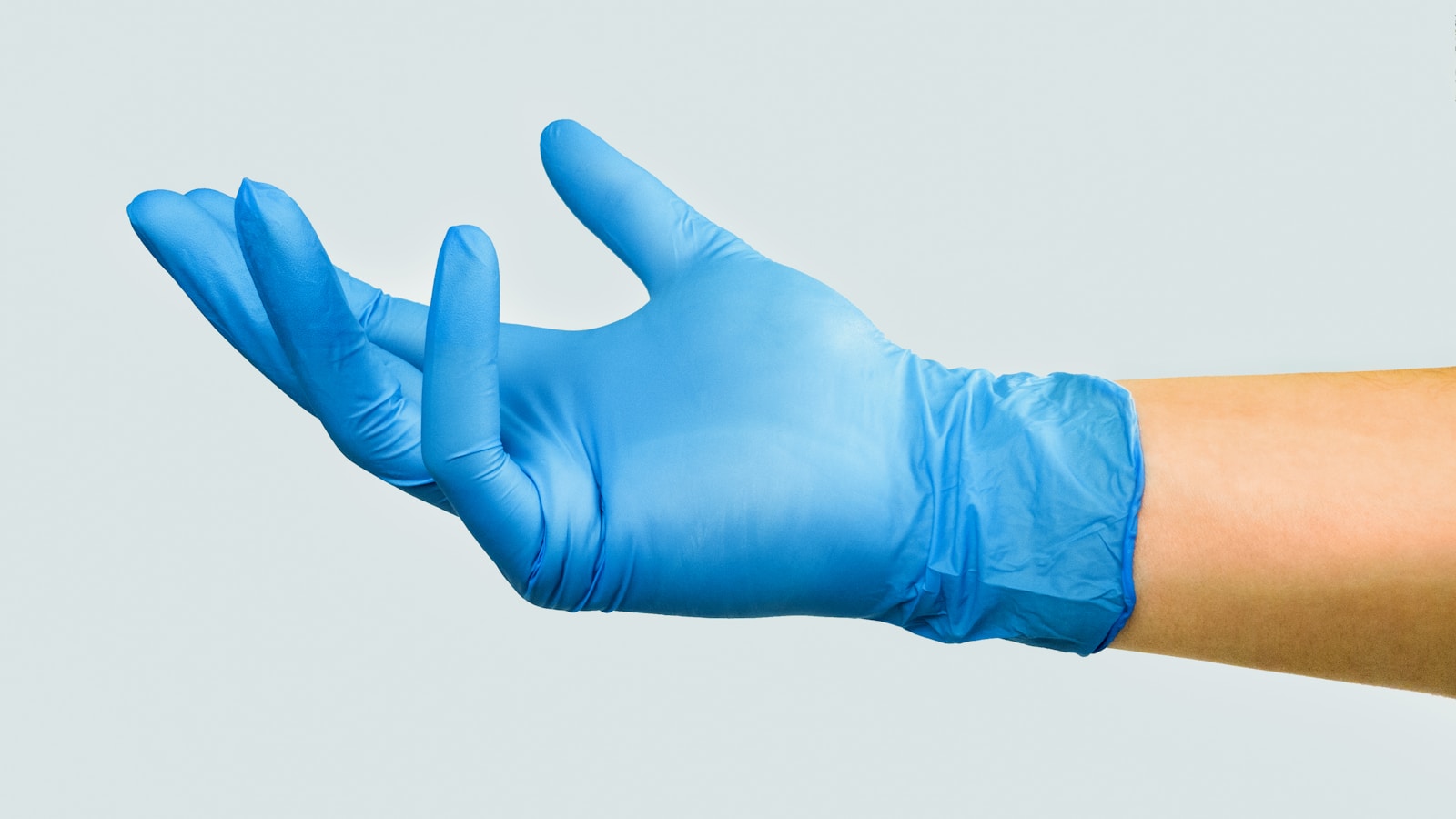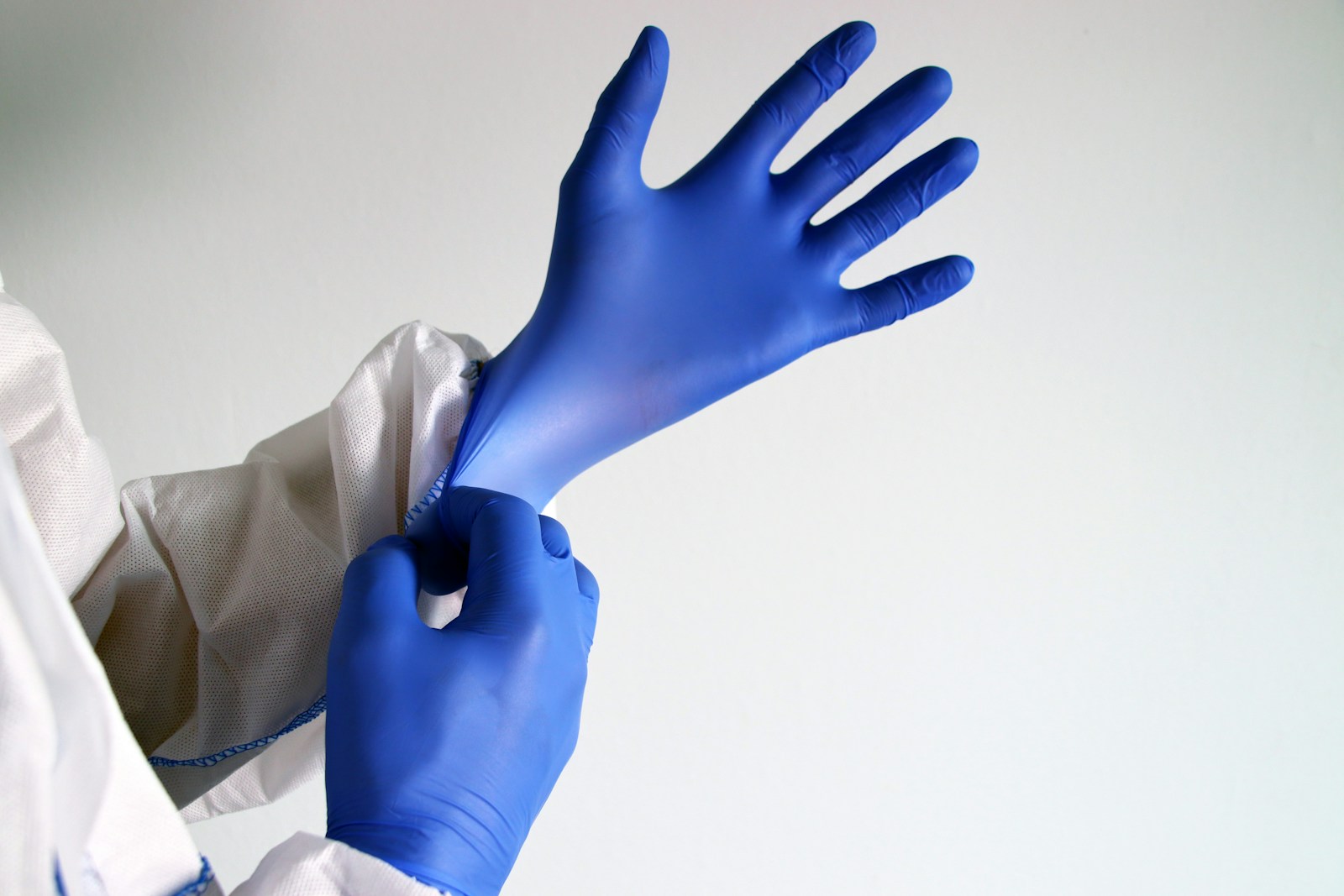Patients often ask how they can improve their fertility or reduce the chances of infertility. Fortunately, there are several straightforward steps you can take to boost male fertility.
Follow Our Straightforward Advice:
- Watch Your Weight
- Research indicates that an increase in BMI is linked to a decrease in sperm count and sperm motility.
- Eat Healthily
- Consume plenty of fruits and vegetables, which are high in antioxidants that may improve fertility.
- Check for Sexually Transmitted Infections (STIs)
- STIs such as gonorrhoea and chlamydia can cause infertility in men. Practice safe sex by using condoms and limiting the number of sexual partners. Ideally, stay in a monogamous relationship. Both you and your partner should get checked for STIs.
- Keep Your Stress Levels Down
- Increased stress can affect hormone levels and sexual function, both of which are necessary for producing healthy sperm.
- Get Physical
- Increasing physical activity may boost antioxidant enzyme levels, protecting your sperm and improving fertility.
- Consider Complementary Therapies
- Reflexology and acupuncture, among other therapies, may benefit you and enhance conventional fertility treatments. For example, acupuncture can improve overall sperm quality. Visit our colleagues at the natural fertility clinic for more information.
What to Avoid When Improving Male Fertility:
Protect Your Sperm from Environmental Factors:
- Stop Smoking
- Smoking drastically reduces sperm count, motility, and can cause sperm abnormalities. Seek help from your GP or pharmacist to quit.
- Reduce Alcohol Intake
- Excessive drinking can lower testosterone levels, impair sperm production, and cause impotence and infertility. Drink in moderation or not at all.
- Avoid Lubricants
- Some lubricants may reduce fertility. If needed, opt for natural alternatives like canola oil, egg white, and baby oil, or use fertility-friendly lubricants such as Pre-Seed.
- Medications
- Certain medications, including tricyclic antidepressants, calcium channel blockers, anti-androgens, and anabolic steroids, can negatively impact fertility. Consult your GP if unsure.
- Cancer Treatments
- Radiotherapy and chemotherapy can affect sperm production and may cause permanent infertility. Seek professional advice about the impact of cancer treatments on fertility and consider storing sperm beforehand.
- Avoid Toxins
- Exposure to toxins like pesticides can affect sperm production and quality. If exposed through work, wear appropriate PPE and seek medical advice if needed.
- Control Temperature
- Sperm production is optimal at slightly lower temperatures than the body’s core. Wear boxers instead of tight underpants, and avoid hot tubs, baths, saunas, and keeping warm laptops on your lap for extended periods.
If you have any questions or wish to speak to one of the team at Fertility Solutions, please get in touch.





